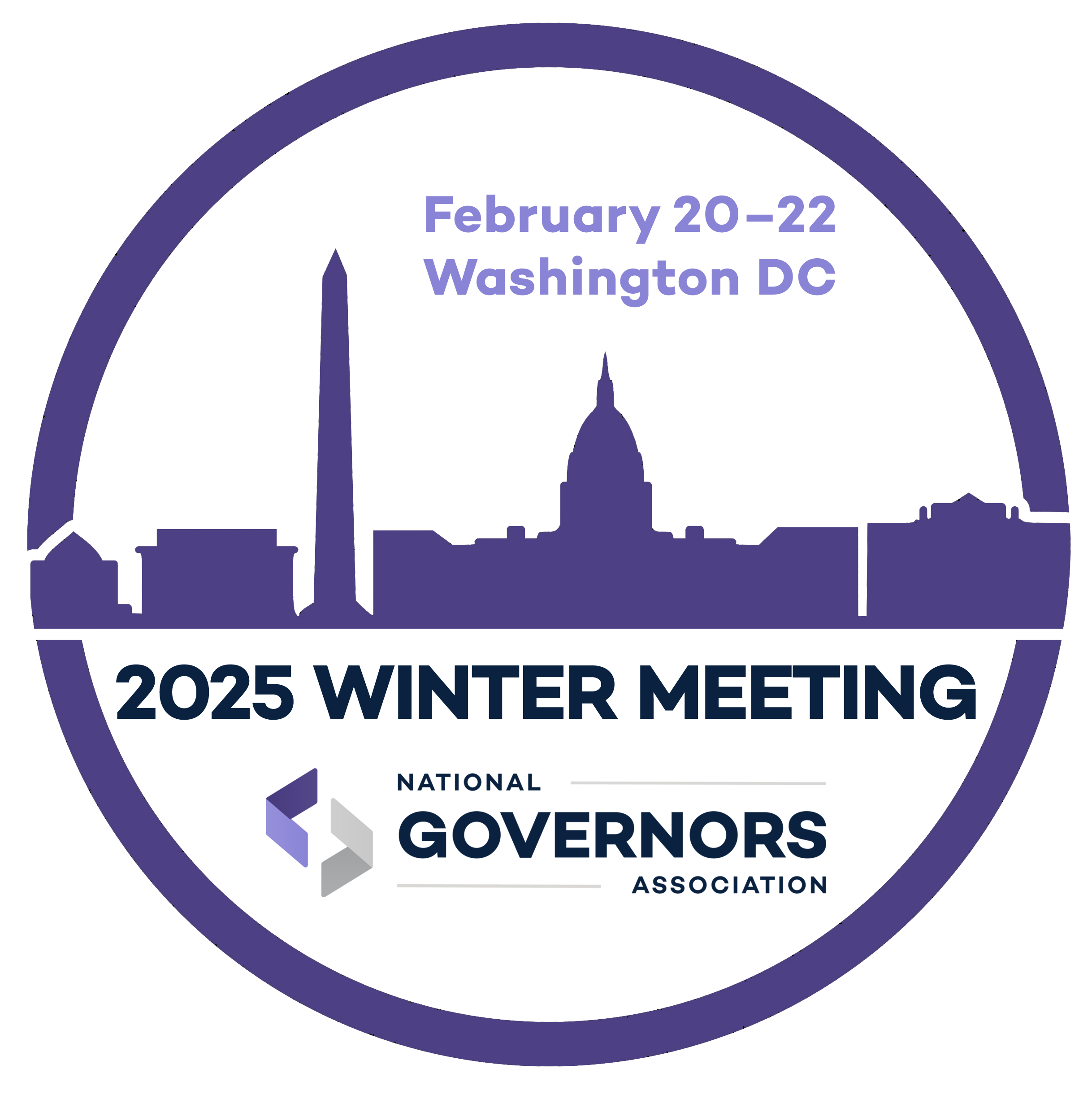Governors Show Bipartisan Leadership in Keeping Public Safe During Concurrent Emergencies
As governors continue to lead the bipartisan response to the COVID-19 public health emergency in their states and territories, the National Governors Association (NGA) released a white paper outlining best practices for managing simultaneous natural disasters like hurricanes, earthquakes or wildfires.
With hurricane season officially beginning today, governors have been preparing for – and in some cases already managing – natural disasters and even cyber incidents on top of the coronavirus pandemic, which has created additional challenges in evacuation and sheltering protocols, as well as financial and logistical complications for states.
As governors’ solution-oriented leadership has saved lives during the COVID-19 pandemic, the leaders of states and territories are working with the federal government, local governments, private and nonprofit partners like the Red Cross, and one another to develop response plans for concurrent emergencies.
The NGA memo outlines considerations and possible actions for governors to use a “whole community” approach, update and socialize emergency operations and continuity of operations plans, and message and enable individual preparedness for disasters.
Among the points in the memo:
- Given the incredible financial strain on states posed by COVID-19, states may need to leverage federal grant programs to defray some emergency costs. For response and recovery, depending on the size, scope, and federally declared status, states may be able to utilize up to 90 different grant programs across nearly two dozen federal agencies.
- COVID-19-specific precautions, such as social distancing requirements, may create unique challenges for otherwise well-practiced capabilities, such as evacuation and sheltering. Evacuations for hurricanes, for example, may need to be declared sooner to facilitate the orderly movement of people using personal vehicles instead of high-density transit options. Alternatives to congregate settings for evacuees will need to be considered.
- With COVID-19 producing broad unemployment and recession-like conditions, many people may struggle to apply their limited financial resources to disaster preparedness activities. Governors can offer new financial incentives and remove regulatory barriers to help individuals prepare for natural disasters.
- Governors may need to adjust their messaging strategies to reflect changing media consumption habits during the pandemic. Additionally, governors may need to communicate differently about risk management practices.
For more information about the National Governors Association’s role in assisting governors with their responses to the COVID-19 pandemic, please visit https://www.nga.org/coronavirus/













